Researchers from the University of Bonn treated mice with Viagra and made an amazing discovery: The drug converts undesirable white fat cells and could thus potentially melt the unwelcome 'spare tire' around the midriff.
Jan 17th, 2013
Read more
United States patent for wastewater-to-value technology awarded to Bacterial Robotics.
Jan 17th, 2013
Read more
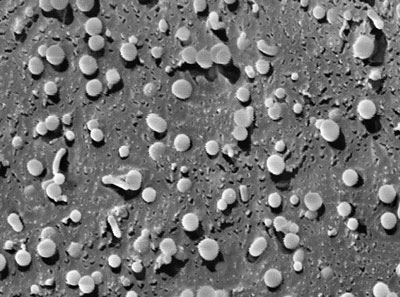 Researchers from ETH Zurich have filed a patent application for a method to test the biological activity of one of the strongest toxins known, the botulinum neurotoxin. If the procedure is adopted by the pharmaceutical industry, it could save the lives of more than half a million mice per year.
Researchers from ETH Zurich have filed a patent application for a method to test the biological activity of one of the strongest toxins known, the botulinum neurotoxin. If the procedure is adopted by the pharmaceutical industry, it could save the lives of more than half a million mice per year.
Jan 17th, 2013
Read more
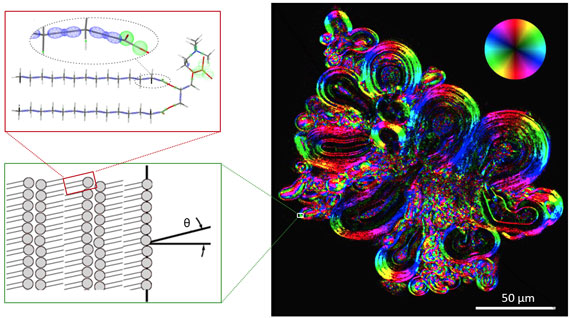 A non-invasive method that makes it possible to observe in situ how assemblies of lipids are oriented in biological tissues, and which does not require any labeling or preparation, has been developed by physicists.
A non-invasive method that makes it possible to observe in situ how assemblies of lipids are oriented in biological tissues, and which does not require any labeling or preparation, has been developed by physicists.
Jan 15th, 2013
Read more
Researchers at The University of Texas at Austin have developed a menu of 61 new strains of genetically engineered bacteria that may improve the efficacy of vaccines for diseases such as flu, pertussis, cholera and HPV.
Jan 15th, 2013
Read more
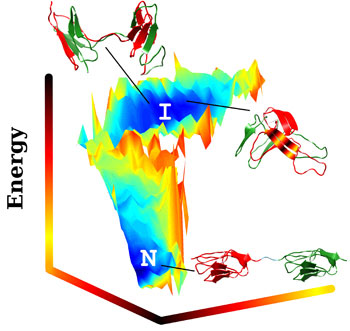 An effort to develop software that unravels the complexities of how proteins fold is paying dividends in new findings on how they misfold, according to researchers at Rice University.
An effort to develop software that unravels the complexities of how proteins fold is paying dividends in new findings on how they misfold, according to researchers at Rice University.
Jan 14th, 2013
Read more
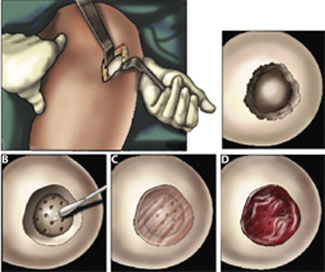 Proof-of-concept clinical trial in 18 patients shows improved tissue growth.
Proof-of-concept clinical trial in 18 patients shows improved tissue growth.
Jan 14th, 2013
Read more
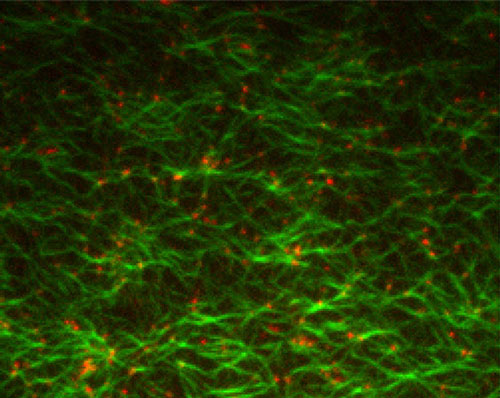 All living organisms consist of cells that have arisen from other living cells by the process of cell division. However, it is not yet fully understood just how this important process takes place. Scientists at the MPI of Biochemistry have now developed a minimal biological system, which brings together key components of the cell division apparatus.
All living organisms consist of cells that have arisen from other living cells by the process of cell division. However, it is not yet fully understood just how this important process takes place. Scientists at the MPI of Biochemistry have now developed a minimal biological system, which brings together key components of the cell division apparatus.
Jan 14th, 2013
Read more
The Food Standards Agency has published the findings of research looking at consumer attitudes to the labelling of genetically modified (GM) food and the use of 'GM-free' labelling.
Jan 14th, 2013
Read more
Researchers have opened a new pathway for the future development of biosensors that enable measuring the glucose in the blood, but which are also believed to be more reliable with other fluids, such as urine. To this end, a complex scientific process has been developed which has called into question a dominant paradigm amongst the scientific community with respect to the mechanisms of binding and communication between proteins.
Jan 14th, 2013
Read more
Two articles published today in F1000 Biology Reports debate whether protein recognition can occur in the absence of stable structure.
Jan 11th, 2013
Read more
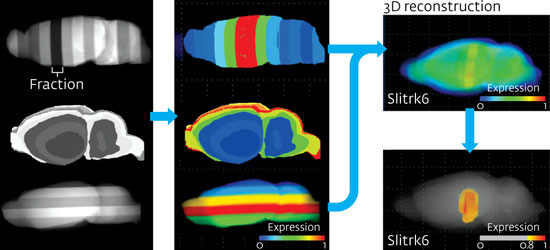 A new technique comprehensively generates three-dimensional maps of gene expression in the brain.
A new technique comprehensively generates three-dimensional maps of gene expression in the brain.
Jan 11th, 2013
Read more
The first rigorous analysis of the crime-fighting power of DNA profiling finds substantial evidence of its effectiveness.
Jan 10th, 2013
Read more
Scientists at the Texas Biomedical Research Institute have for the first time demonstrated that baboon embryonic stem cells can be programmed to completely restore a severely damaged artery. These early results show promise for eventually developing stem cell therapies to restore human tissues or organs damaged by age or disease.
Jan 10th, 2013
Read more
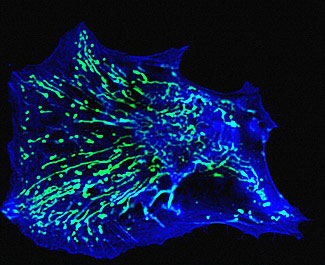 Repression of a single protein in ordinary fibroblasts is sufficient to directly convert the cells - abundantly found in connective tissues - into functional neurons. The findings could have far-reaching implications for the development of new treatments for neurodegenerative diseases like Huntington's, Parkinson's and Alzheimer's.
Repression of a single protein in ordinary fibroblasts is sufficient to directly convert the cells - abundantly found in connective tissues - into functional neurons. The findings could have far-reaching implications for the development of new treatments for neurodegenerative diseases like Huntington's, Parkinson's and Alzheimer's.
Jan 10th, 2013
Read more
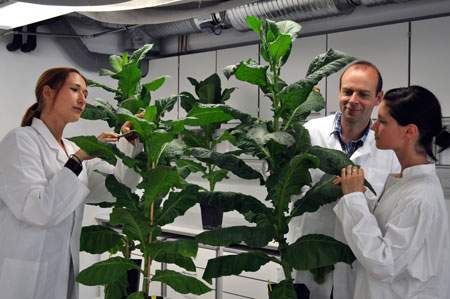 Tobacco plants bloom when they are just a few months old - and then they die. Now, researchers have located a genetic switch which can keep the plants young for years and which permits unbounded growth. In short, an ideal source of biomass.
Tobacco plants bloom when they are just a few months old - and then they die. Now, researchers have located a genetic switch which can keep the plants young for years and which permits unbounded growth. In short, an ideal source of biomass.
Jan 10th, 2013
Read more
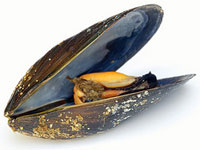 Mussels can be a mouthwatering meal, but the chemistry that lets mussels stick to underwater surfaces may also provide a highly adhesive wound closure and more effective healing from surgery.
Mussels can be a mouthwatering meal, but the chemistry that lets mussels stick to underwater surfaces may also provide a highly adhesive wound closure and more effective healing from surgery.
Jan 9th, 2013
Read more
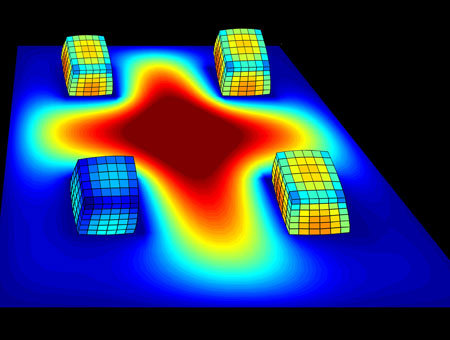 Researchers uncover a synthetic material that rebuilds itself through chemical communication.
Researchers uncover a synthetic material that rebuilds itself through chemical communication.
Jan 9th, 2013
Read more

 Subscribe to our Biotechnology News feed
Subscribe to our Biotechnology News feed








